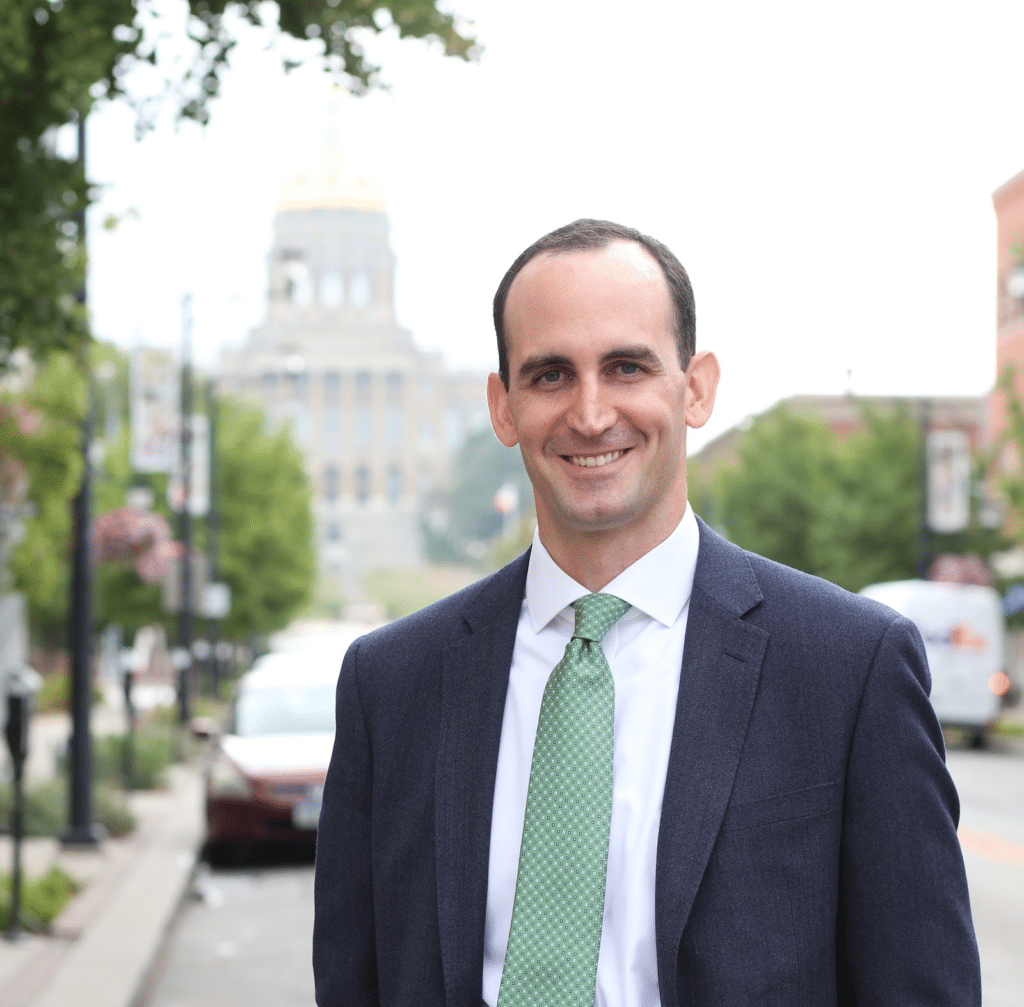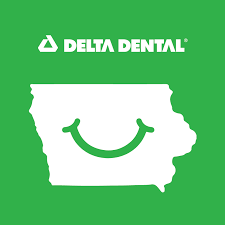Iowa Business Council’s agenda for 2024 session focuses on state’s competitiveness to attract people, businesses

Michael Crumb Dec 20, 2023 | 11:40 am
5 min read time
1,278 wordsAll Latest News, Economic Development, Retail and Business
The Iowa Legislature needs to continue its focus on issues that will make the state more competitive and help increase Iowa’s population, said Joe Murphy, president of the Iowa Business Council.
Murphy said the group’s agenda for the 2024 legislative session, which begins Jan. 8, reflects the need to continue to address tax policy; workforce strategies, including child care, housing and work-based learning programs; and investment in the Major Economic Growth Attraction, or MEGA, program.
The Iowa Business Council released its agenda for the upcoming session today, outlining its priorities to address the state’s ongoing workforce challenges. The nonpartisan, nonprofit organization is made up of 21 of the chief decision-makers for the state’s largest employers.
Murphy said he expects to see lawmakers continue tax reform efforts that were started in 2022, when the Legislature approved a five-year phased reduction of the individual income tax and a reduction in the state’s corporate tax rate.
Lawmakers will likely focus on expediting the pace of reductions on individual income taxes, which Murphy said will further efforts to make Iowa competitive in attracting and retaining talent.
“I think there’s absolutely going to be a conversation on increasing our competitiveness from a tax policy standpoint,” he said. “The governor, the Legislature have been talking about increasing their efforts to make Iowa more competitive, and while we’ve taken really great steps over the past several years, there’s an opportunity given the strength of Iowa’s fiscal capacity to particularly accelerate some of those tax cuts.”
Murphy cited a recent report from the state’s Revenue Estimating Conference that projected Iowa will take in $9.75 billion in fiscal year 2024, which ends June 30, 2024. He also said there is more than $2 billion in the Taxpayer Relief Fund.
“So I think the Legislature looks at it as hey, there’s a lot of available resources out there to engage with and that’s something that I would expect them to do,” he said.
Murphy said getting to a flat individual income tax is important and that the Business Council has not taken a position on what that rate should be, but that getting to the 3.9% rate that was set in 2022 is a big improvement from a previous topline rate of 8.9%.
Efforts to lower the individual tax rate are getting noticed as talent professionals visit other states trying to recruit people to move to Iowa, he said.
“Iowa continues to have a workforce shortage, [and] we need to bring in new Iowans from other parts of the country and have them live here, and one of the things we’ve traditionally talked about is our low cost of living, but the fact that we can then also talk about our taxes are going down and will be simpler, will be fairer, will be a really important point to offer prospective Iowans and certainly something our members are trumpeting as they’re talking to individuals,” Murphy said.
He said addressing taxes helps address Iowa’s population growth challenge.
“When you talk about tax policy, you’re talking about growth policy, not just for the economy and businesses that currently reside in our state, but it’s really about growth policy for people, bringing in more businesses which bring in individuals who want to take advantage of the new tax climate our state is gradually getting to,” Murphy said. “It’s absolutely a population growth strategy and something we really firmly believe in.”
On workforce strategies, the Iowa Business Council will focus on child care, housing and work- based learning.
Murphy said the council will be closely watching efforts that address workforce challenges in the child care industry.
“How can the state engage policy efforts to create opportunities so that child care centers can attract more workers into their facilities and then also pay them more?” he said.
Two specific areas are exempting child care facilities from property taxes with the idea of using that savings to increase wages, and exempting child care workers from paying state income tax.
“Those are two interesting and innovative ideas that we need to consider for that critical industry to make sure that child care workers have the ability to earn a living and that we’re attracting more people into that very important industry for our state,” he said.
According to Murphy, Iowa Business Council members would be open to other innovative ways to increase access to quality child care and to increase the talent pipeline for the industry.
Increasing access to child care will also help get people, who may have left the workforce in recent years because of child care challenges, back to work, he said.
“It all comes back to workforce development … so this is a key aspect for future growth,” Murphy said.
Work-based learning is also a critical tool to build Iowa’s talent pipeline, he said.
Additional investment is needed in registered apprenticeship and intern programs to help young people make future decisions about their careers, Murphy said. But it also means funding for career counselors and work-based learning coordinators.
“It’s not just about immediately graduating from high school and jumping into the workforce,” he said. “That may work well for some students, but other students might take an internship and realize they really like accounting and want to go up to [University of Northern Iowa] and major in accounting. That’s what work-based learning opportunities provide, that clarity or sense of direction on what opportunity exists for them.”
On housing, Murphy said the council supports increased investment in the Workforce Housing Tax Credit program from $35 million to $50 million.
“That would be a great step to make sure we’re continuing to increase Iowa’s housing stock for new development,” he said.
The primary goal would be to increase the number of owner-occupied houses, particularly in rural communities, Murphy said.
The Iowa Business Council also would support added investment to rehabilitate older and blighted homes, he said.
“That would be a really important step for the Legislature to take,” Murphy said.
Thirdly, the Business Council would like to see the Legislature pass a bill that would approve funding for the MEGA program, which is designed to provide incentives to expand or attract new, substantial companies to Iowa.
A bill was introduced in 2023 but failed to gain traction before the session ended.
The measure focuses on companies that would primarily be engaged in research and development, bioscience or advanced manufacturing. It would require an investment of at least $1 billion by the company and the commitment to create high-quality, high-paying jobs.
“It really sets us up to make sure our economy is ready for those opportunities so that we’re forward-looking on what those opportunities might present and allow ourselves to compete,” Murphy said. “There are many other states that have programs like this. Iowa does not, and as a result of that, we’re at a competitive disadvantage at the moment.”
He said the idea behind the project is to attract a company “where they are going to have a sizable impact on Iowa’s economy for a long period of time.”
“It’s about hitting a home run,” he said.
The Business Council’s agenda for the 2024 session is about making Iowa more competitive.
“There’s a unique opportunity to expand competitiveness of Iowa tax policy while still making sure we’re investing in areas like housing, workplace learning, mental health services and child care, while also incenting that next generation of innovation and industry in our state, which will be really important as we think long term for the next 20 years,” he said.
Murphy will be a panelist for the Business Record’s Legislative Forecast, scheduled for noon to 1 p.m. on Tuesday, Jan. 9.

Michael Crumb
Michael Crumb is a senior staff writer at Business Record. He covers real estate and development and transportation.









